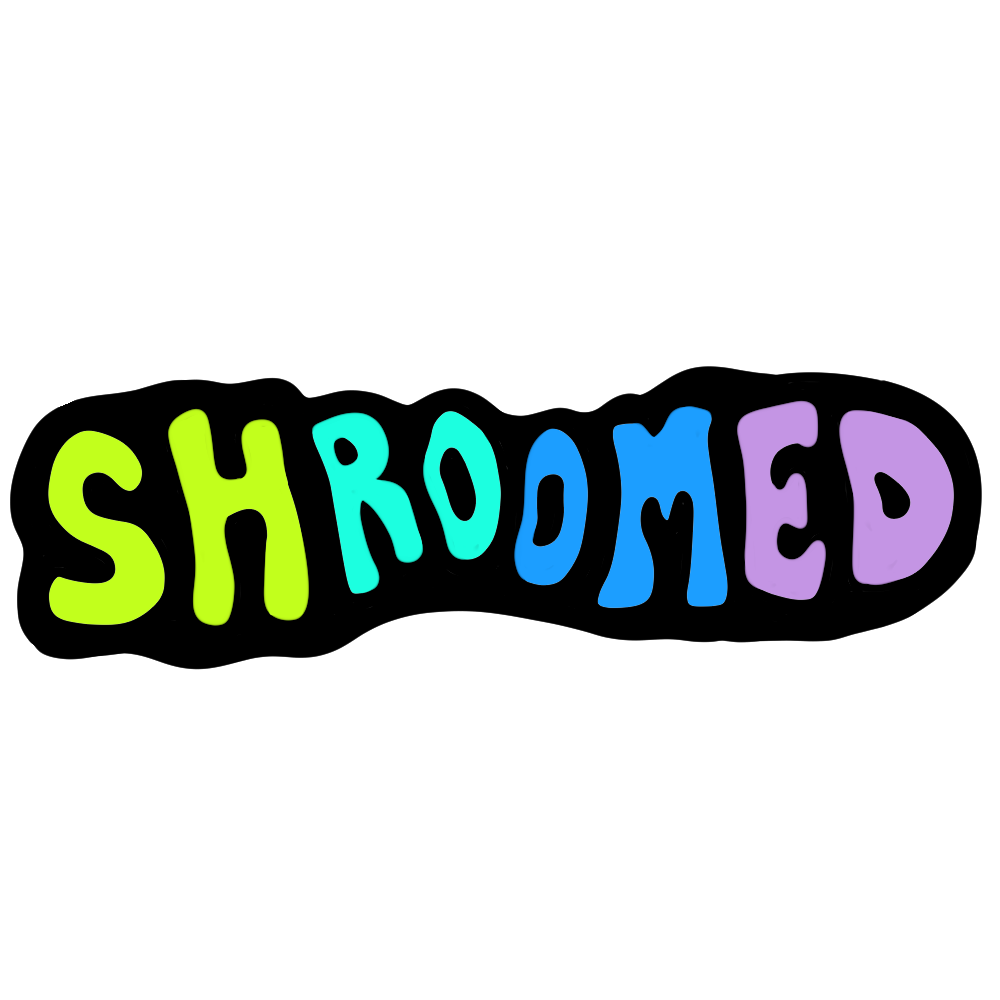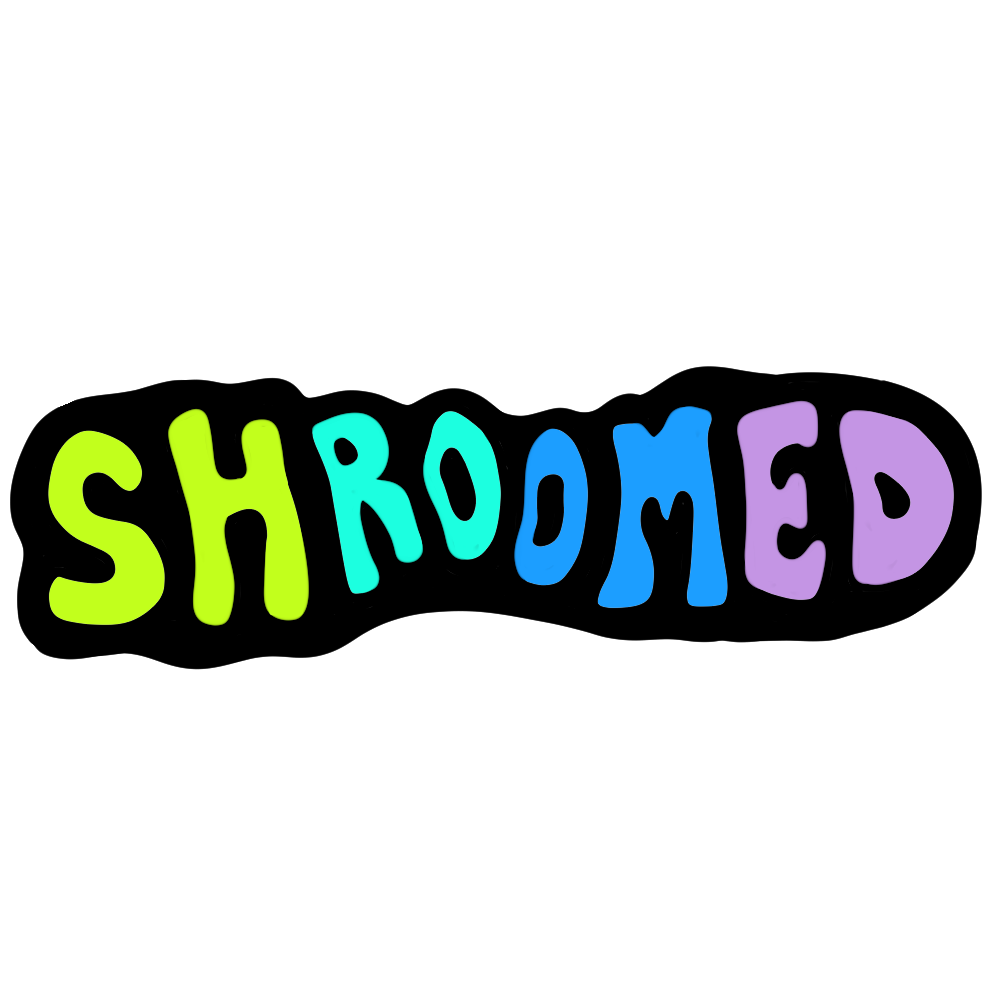The Shroomed Microdose Guidelines
The Shroomed Microdosing Protocol is a specific approach to microdosing using magic mushrooms. It involves taking a capsule containing 0.200mg of finely ground mushroom material every morning for three consecutive days. After this "on" period, users take a two-day break before resuming the cycle.
Proponents of this protocol claim that it offers several potential benefits:
Improved Mood: Some users report a more positive outlook and reduced feelings of depression during their "on" days.
Enhanced Creativity: Microdosing may promote creativity and open-minded thinking, making it appealing to artists, writers, and problem solvers.
Increased Focus: Improved concentration and productivity are reported by some microdosers.
Anxiety Reduction: Microdosing may help alleviate symptoms of anxiety, though individual responses vary.
As research in this field continues to evolve, the Shroomed Microdosing Protocol may become a promising tool for those seeking alternative ways to optimize their cognitive and emotional well-being. But for now, it's essential to proceed with mindfulness and responsibility, acknowledging that more scientific evidence is needed to fully understand its effects.
Combining Lion's Mane and Cordyceps with psilocybin is an intriguing concept that some individuals have explored for potential synergistic effects. Here's an overview of each mushroom and their potential benefits when stacked with psilocybin:
Lion's Mane (Hericium erinaceus):
Lion's Mane is a medicinal mushroom known for its potential cognitive benefits. It contains compounds called erinacines and hericenones, which may support nerve growth factor (NGF) production. NGF plays a crucial role in the development, maintenance, and repair of neurons. Here's why you might consider stacking Lion's Mane with psilocybin:
Potential Cognitive Enhancement: Lion's Mane is believed to support cognitive function, memory, and focus. Combining it with psilocybin might enhance the cognitive benefits of microdosing.
Neuroprotection: Some research suggests that Lion's Mane may have neuroprotective properties, which could be beneficial when considering the potential neurological effects of psychedelics.
Cordyceps (Cordyceps militaris):
Cordyceps is another medicinal mushroom known for its potential energy-boosting and adaptogenic properties. It contains bioactive compounds like cordycepin and polysaccharides. Here's why you might consider stacking Cordyceps with psilocybin:
Increased Vitality: Cordyceps is often associated with increased energy and endurance. This can complement the energy and motivation aspects of microdosing.
Stress Reduction: Cordyceps is considered an adaptogen, which means it may help the body adapt to stress and maintain balance. This could potentially counteract any stress or anxiety that some individuals might experience during psilocybin use.
When combining these mushrooms with psilocybin, it's crucial to start with lower doses and monitor your response carefully. Everyone's body chemistry is different, so individual reactions may vary. Always consult with a healthcare professional, especially if you have any underlying health conditions or are taking medication.
Additionally, while anecdotal reports suggest potential benefits, scientific research on the specific combination of these mushrooms with psilocybin is limited. As such, it's essential to approach this stack cautiously and with an awareness of the potential risks and benefits. If you decide to try this combination, keep thorough notes of your experiences and any effects you notice to assess its suitability for your needs.

